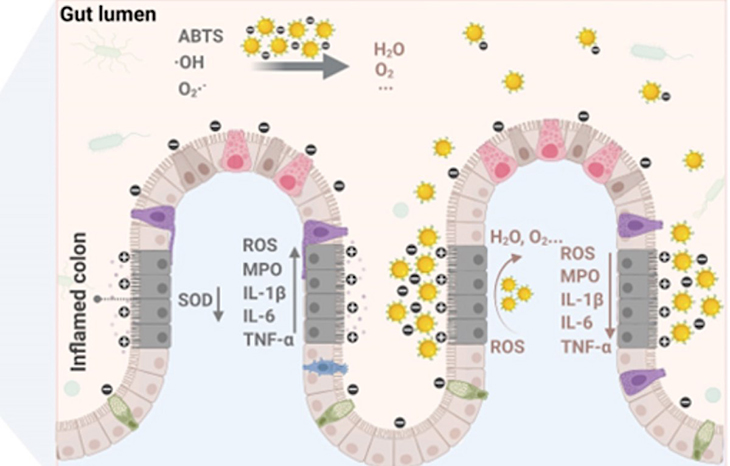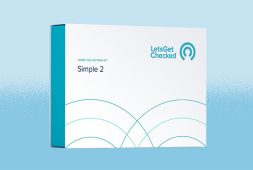New Study Finds Gold May Have Major Potential For Affordable And Non-Invasive Treatment Of IBD

A groundbreaking avenue in the quest to treat inflammatory bowel disease (IBD), encompassing both Crohn’s disease and ulcerative colitis, may lie in the properties of gold, as suggested by recent research.
This debilitating condition, devoid of a cure, poses significant health risks, and in severe cases, can prove fatal. Conventional treatments primarily rely on drugs like aminosalicylic acid preparations and corticosteroids, which unfortunately, come with adverse effects such as anemia and intestinal complications.
In a notable development, Chinese researchers have unearthed that minuscule gold particles hold the potential to alleviate inflammation in the intestine, offering a promising alternative for IBD treatment. The swift impact of these gold particles was evident as inflammation reduction occurred within a mere 24 hours of administration.
Prior studies have highlighted the efficacy of these minute gold particles, often referred to as nanoclusters, in elimination reactive oxygen species (ROS). These ROS are known culprits behind cellular damage to DNA, RNA, and proteins, a phenomenon frequently observed in individuals grappling with inflammatory bowel disease.
In their experiments with mice suffering from colitis, the research team observed remarkable outcomes. Oral administration of gold nanoclusters not only completely eradicated reactive oxygen species but also elevated antioxidant levels.
Furthermore, the treatment effectively curtailed the emergence of inflammatory cytokines, crucial contributors to the progression of IBD. A notable aspect of this breakthrough is the absence of discernible side effects, offering a potential advantage over existing treatments.
The advantages of gold nanoclusters extend beyond their therapeutic efficacy.
The researchers found that these particles are more cost-effective, stable, and user-friendly compared to current treatment modalities. Their straightforward storage, impervious to factors such as pH, temperature, or the solution medium, positions them as a robust candidate for targeting the inflamed regions of the intestine.
The physiological stability and resistance to acid further enhance their potential as a groundbreaking treatment for IBD.
Study author, Fei Wang from The Seventh Affiliated Hospital of Sun Yat-Sen University in China, said, “Au25 (gold) nanoclusters offer a promising strategy in the research field of nanomedicine therapy for inflammatory bowel disease.”
“We believe this study demonstrates their value as a scientific basis and experimental basis for the clinical treatment of inflammatory bowel disease.”
“The fact that these nanoclusters can be administered orally means there is no need for invasive procedures.”
The can find the study findings published in the journal Fundamental Research.



